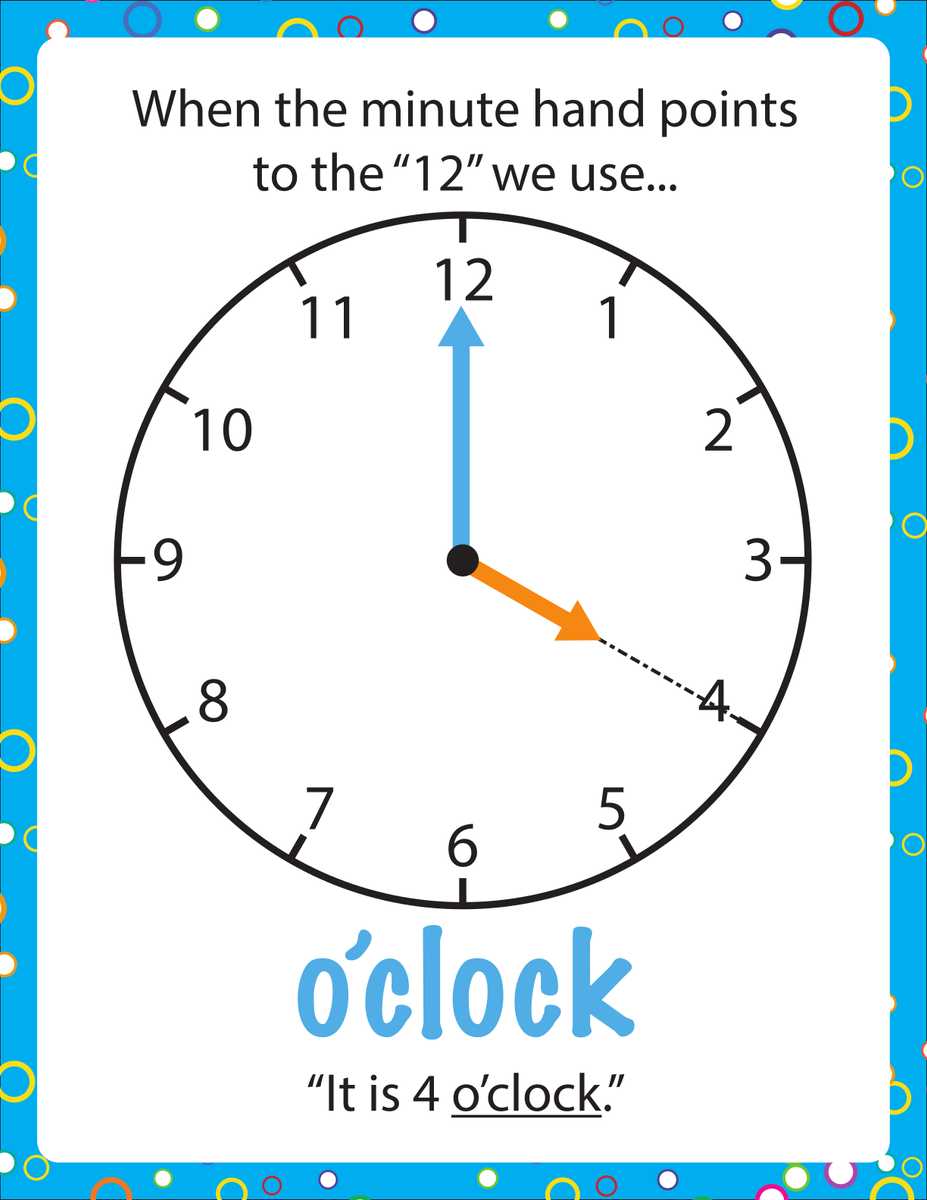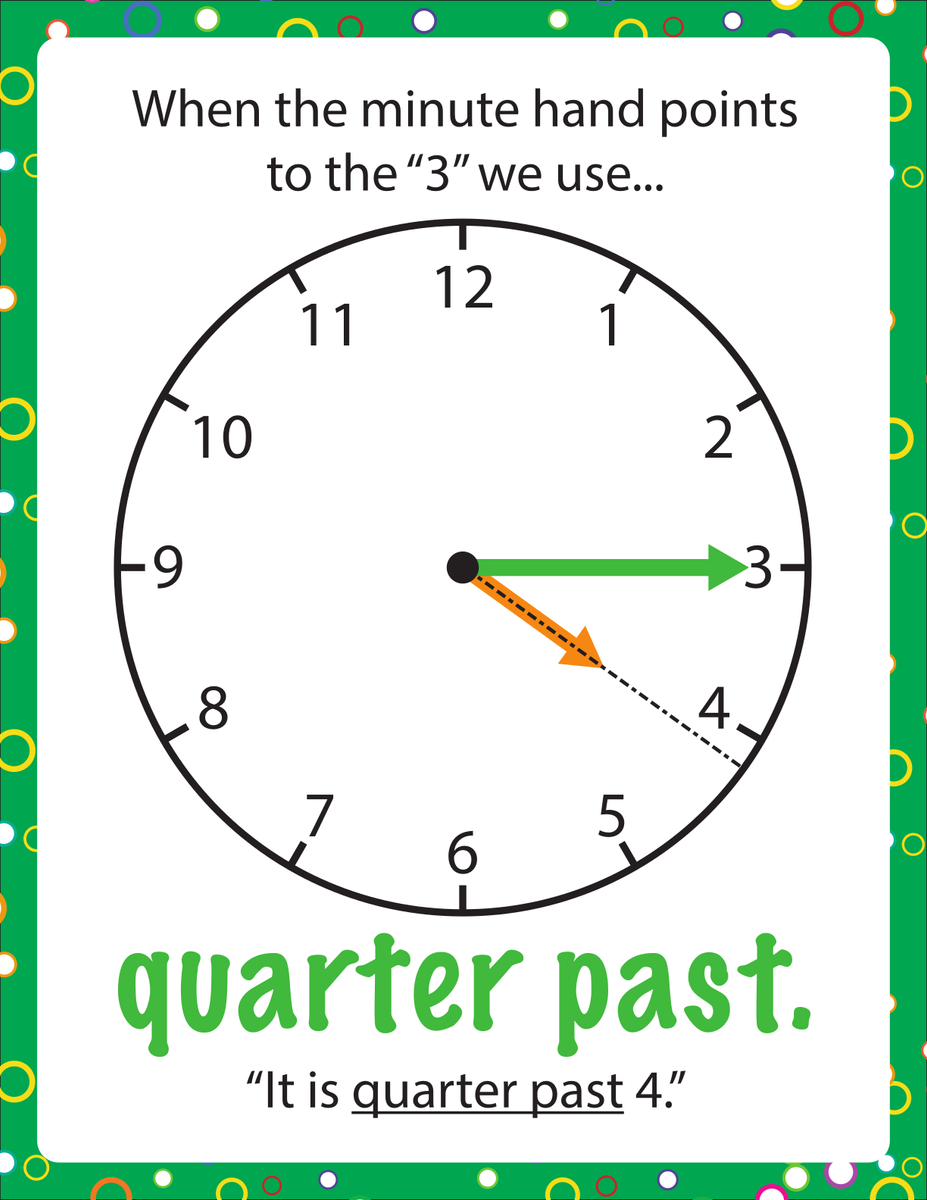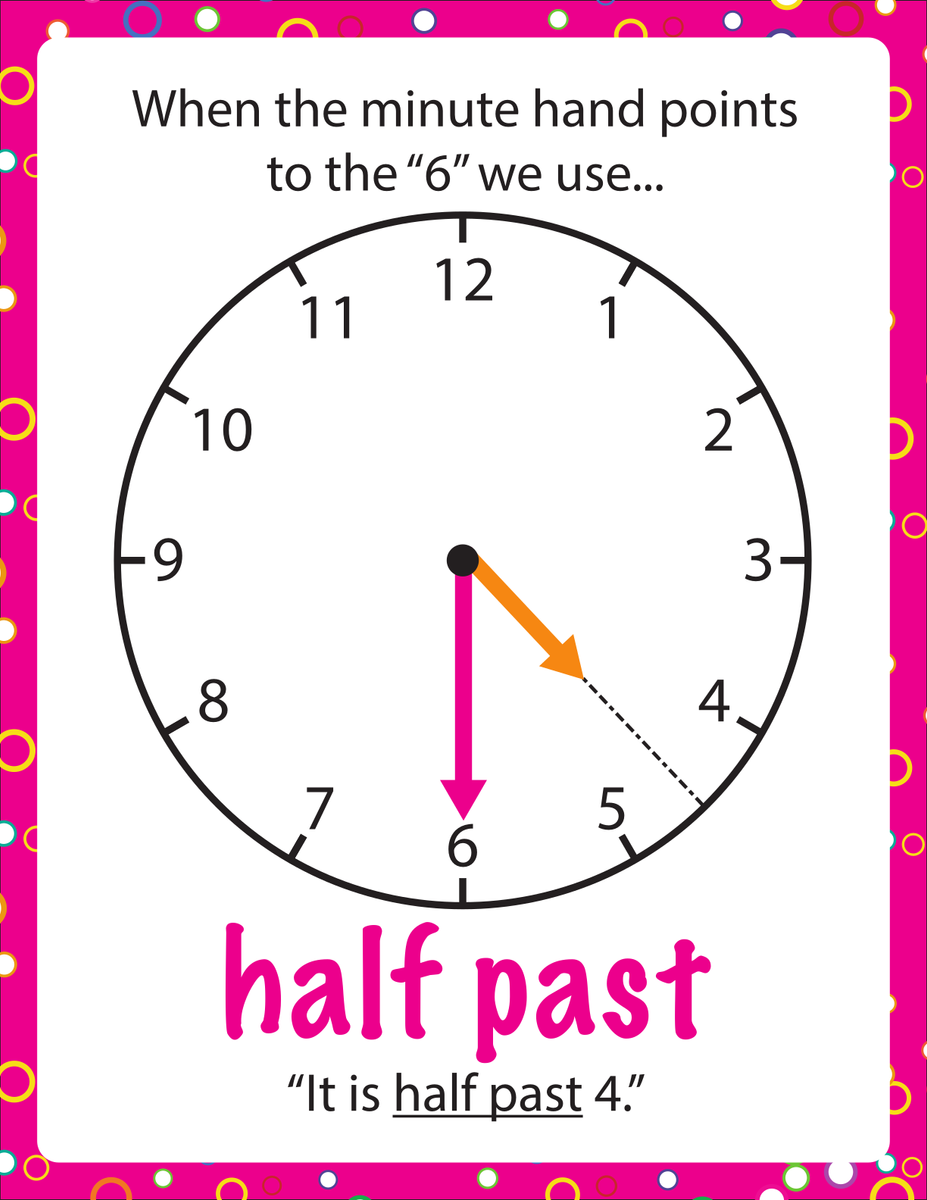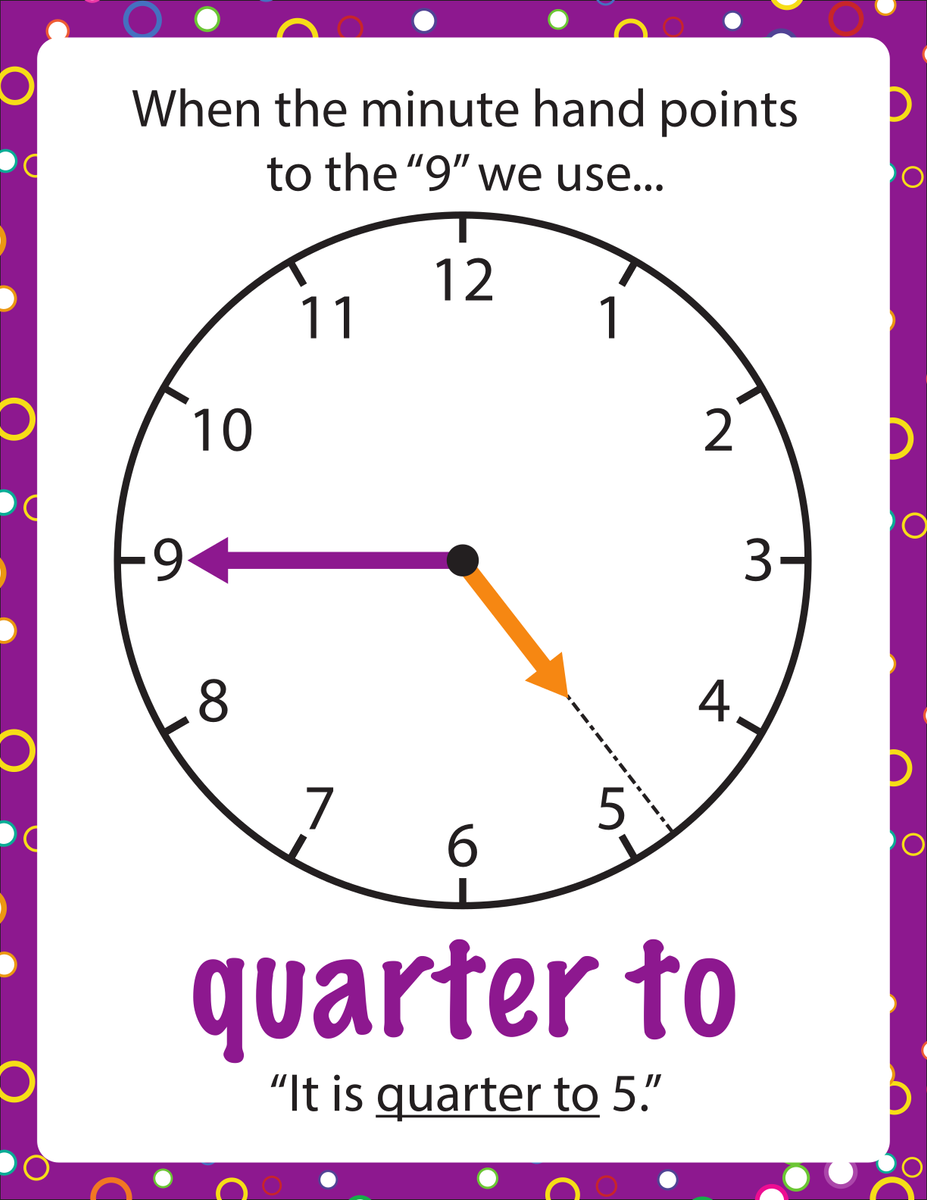Learning News 1/2
Mrs Amy Phillips

Learning News 1/2
Mrs Amy Phillips
Writing: Culminating Narrative
This week, students are creating their final narrative story. They will plan, write, edit (using an editing checklist), and publish their work, applying all the writing skills they have learned this term. Students can write about any topic that interests them, as long as it follows the narrative structure.
Students will focus on making their stories interesting and well-written by including:
This is a chance for students to be creative and show off everything they have learned in writing this term.
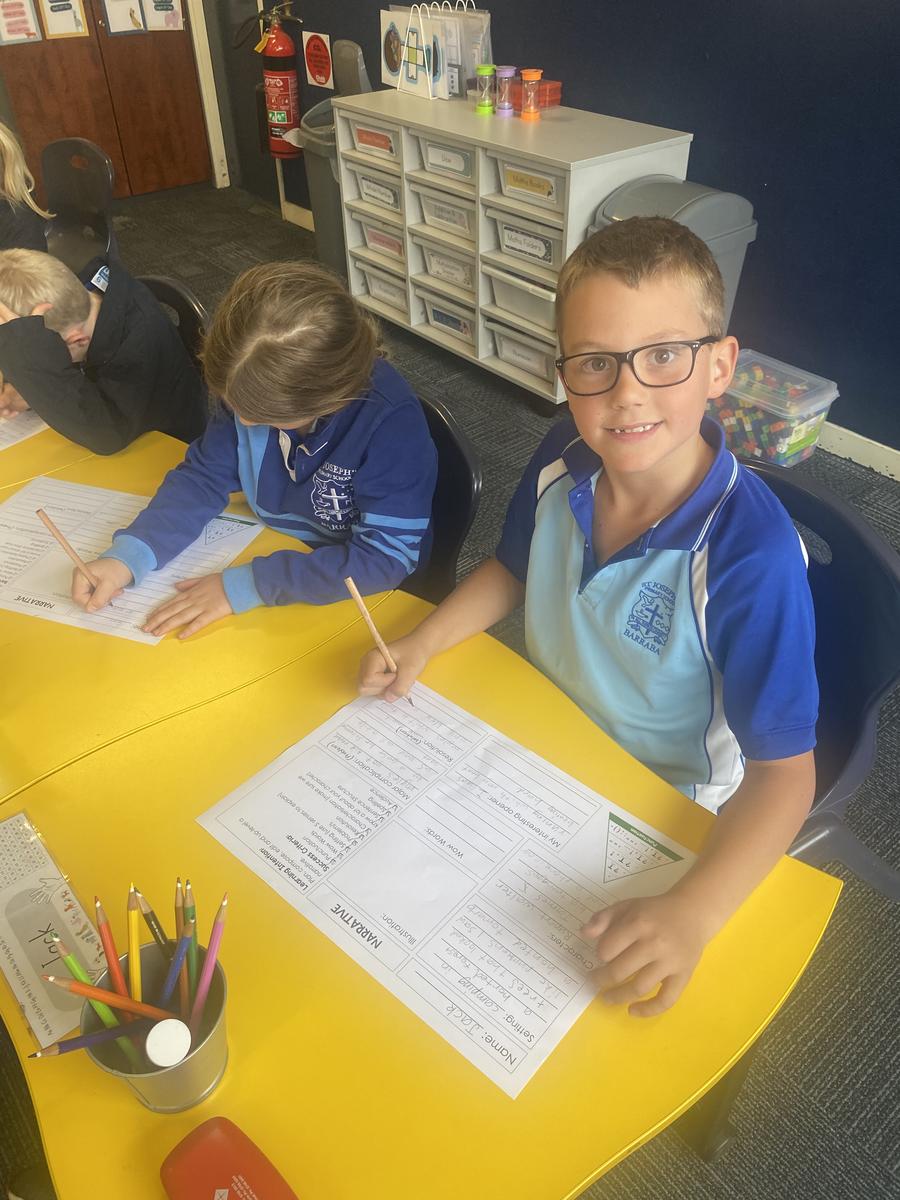
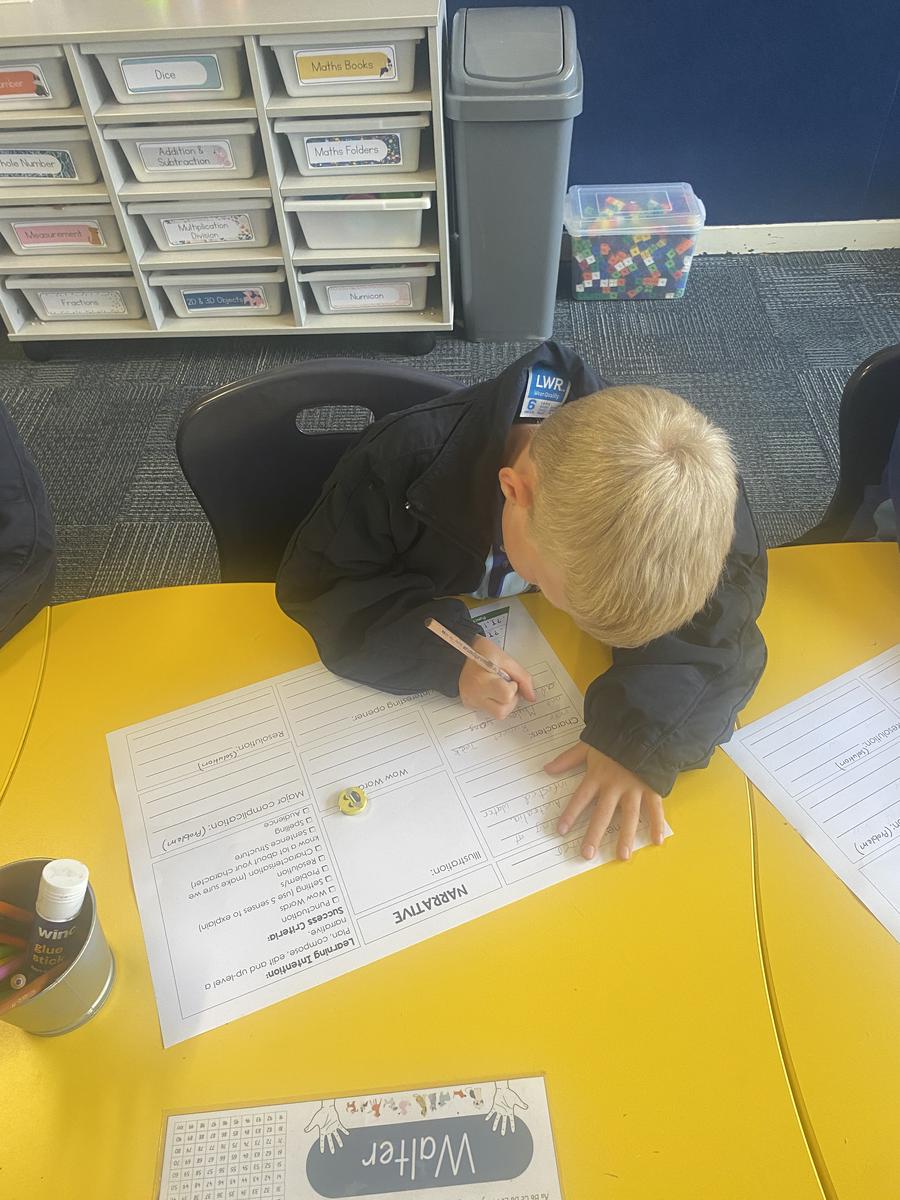
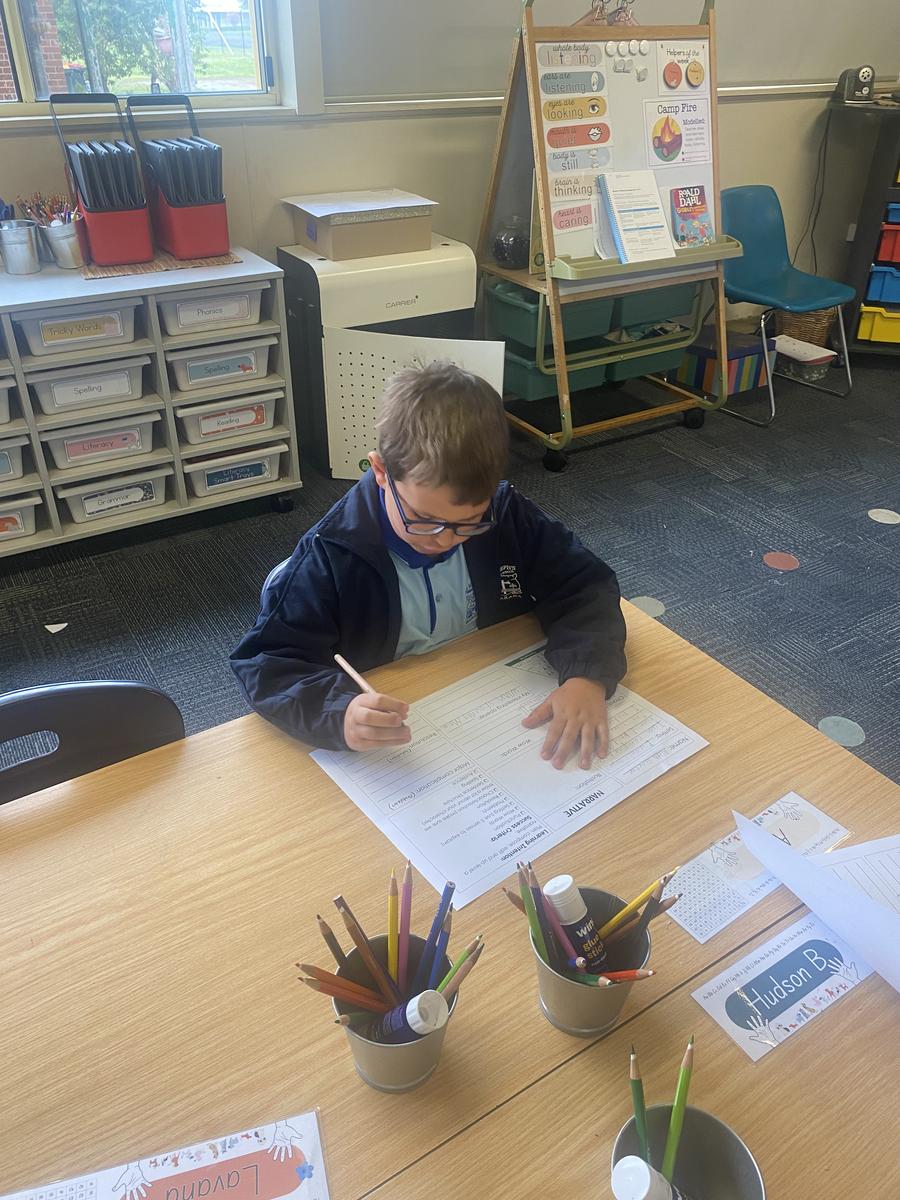
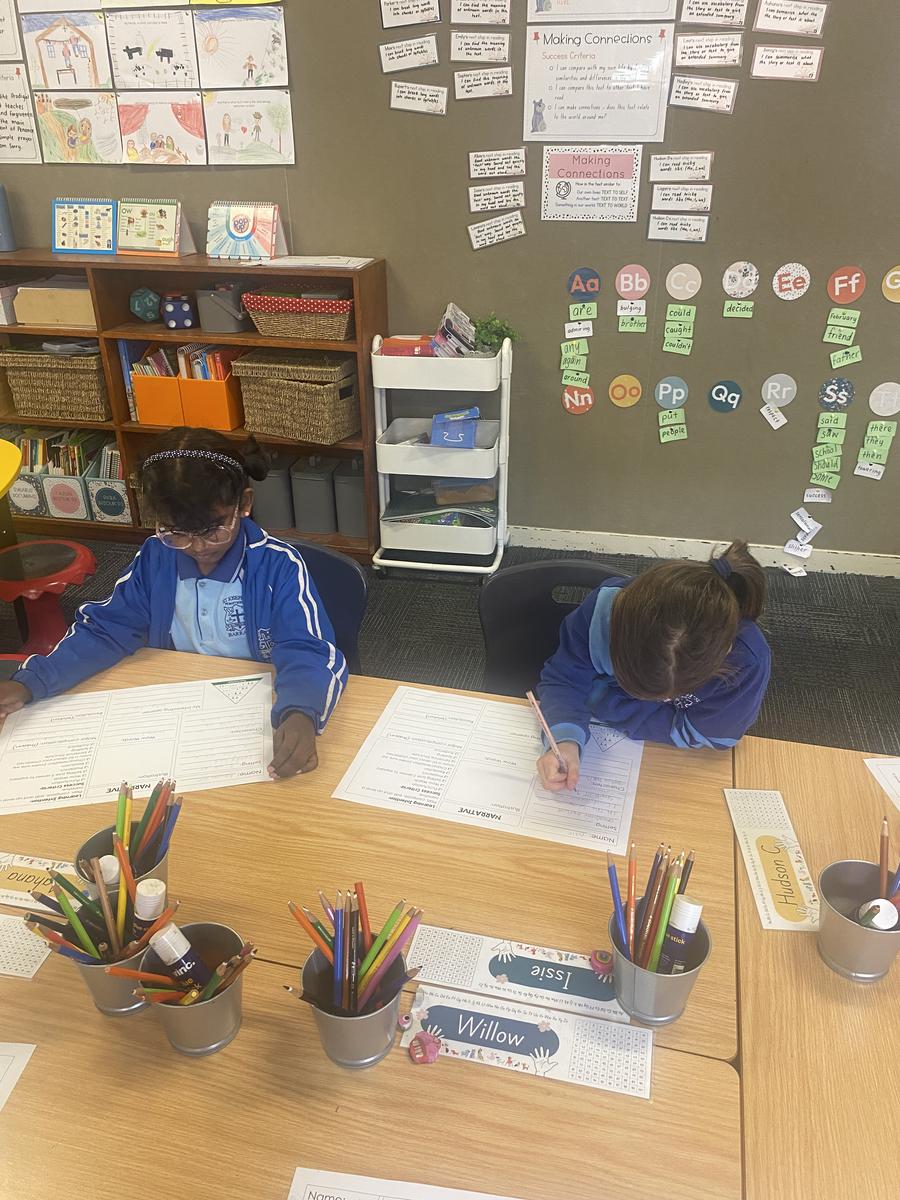
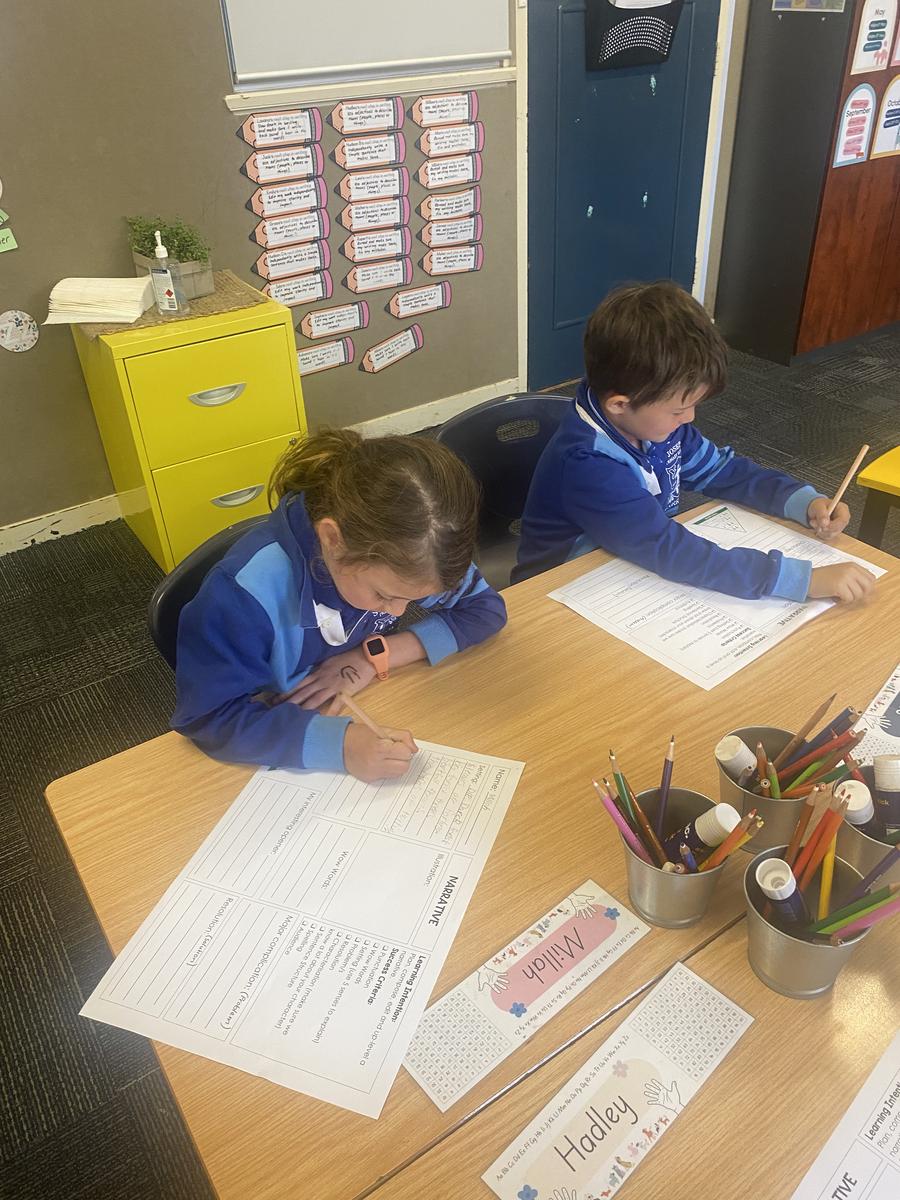
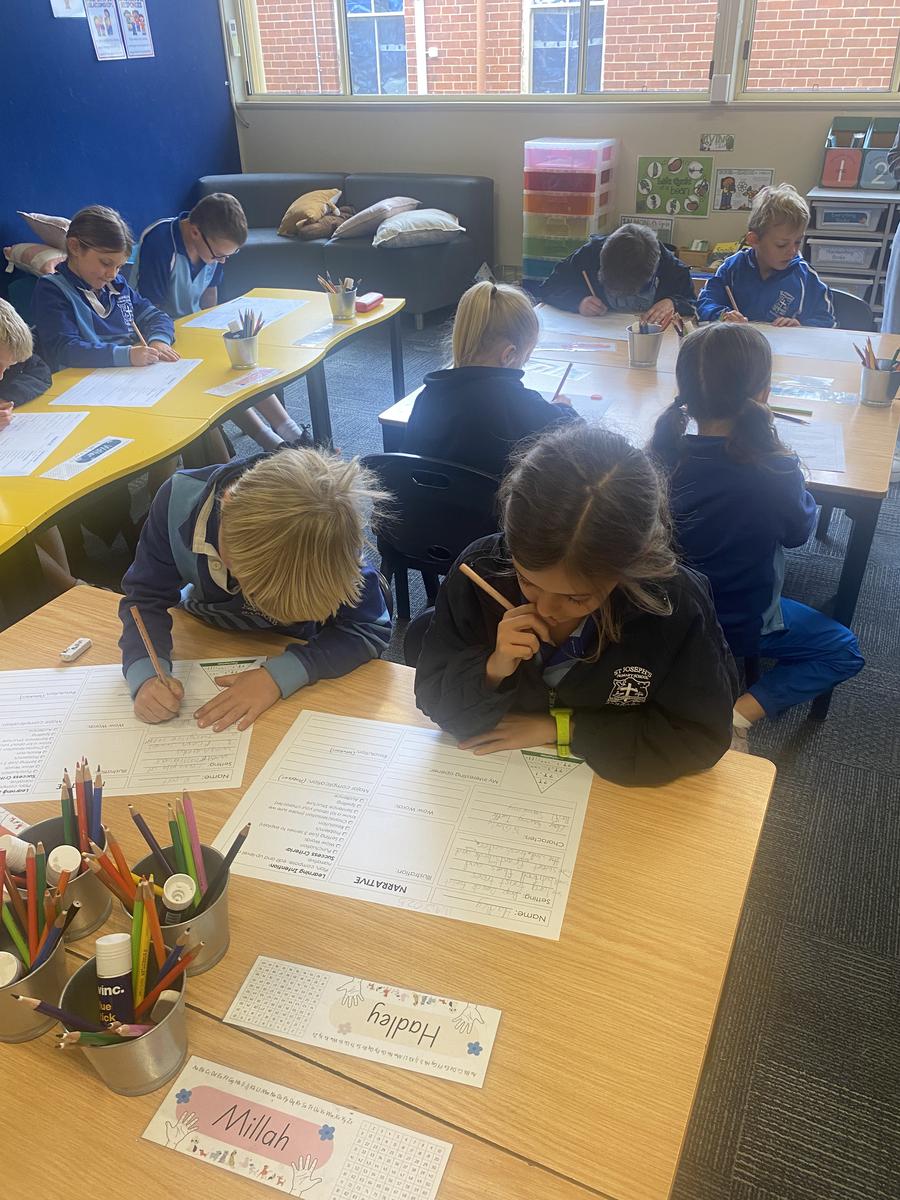
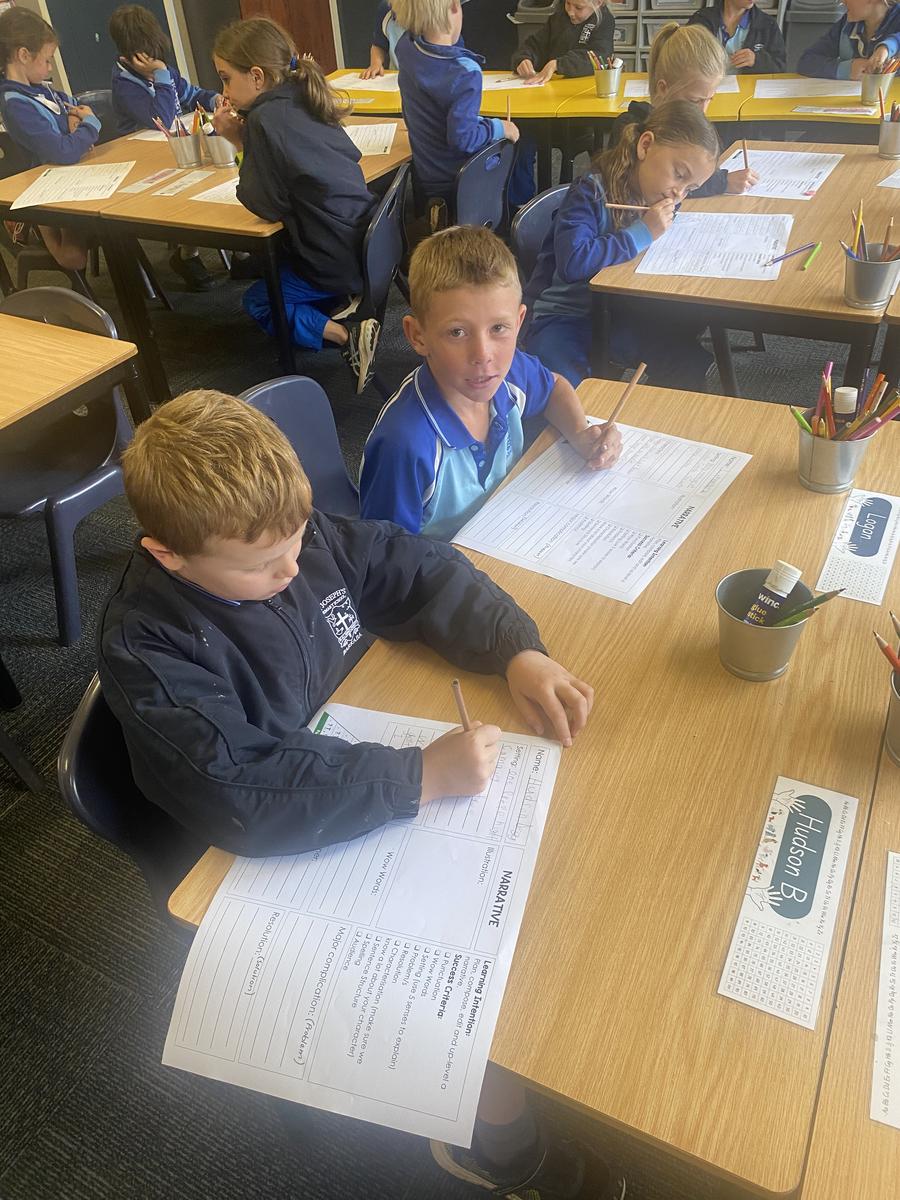
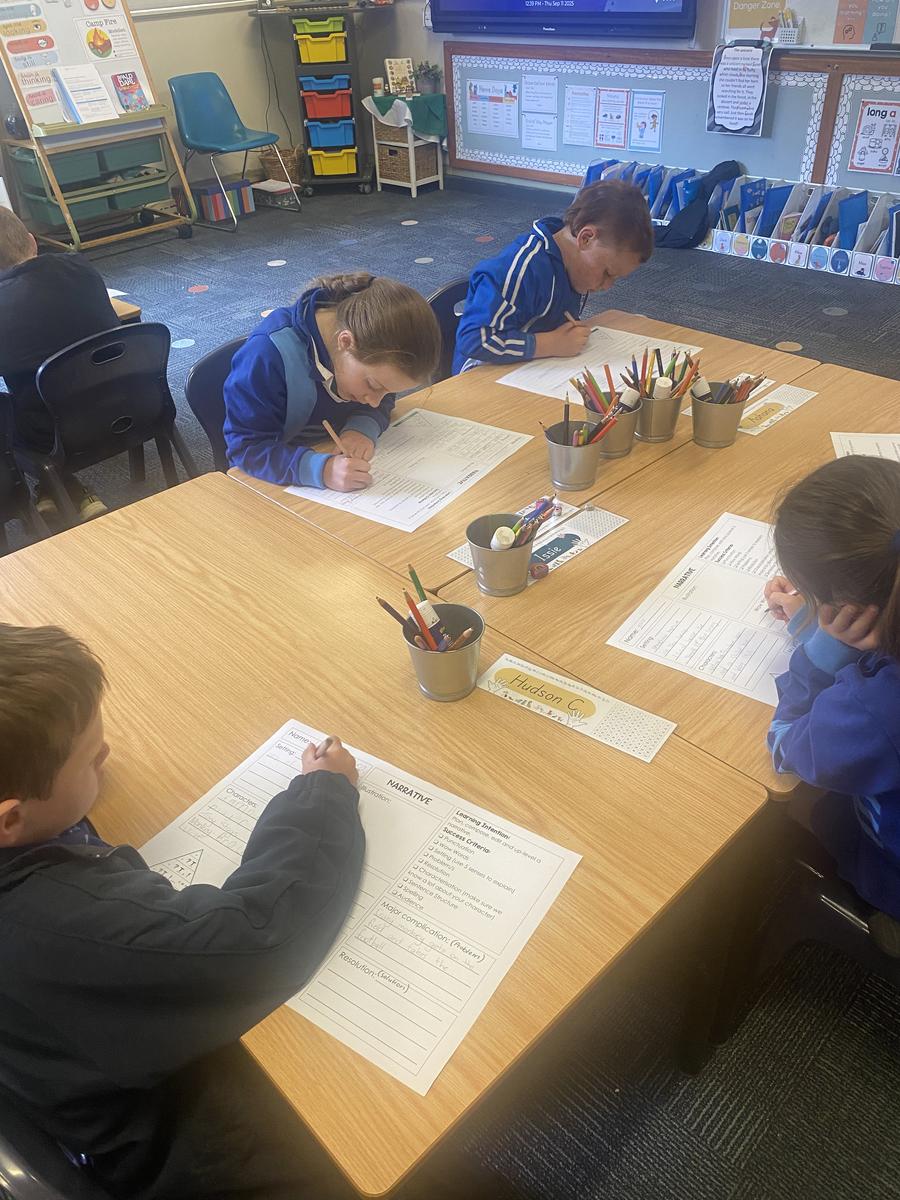
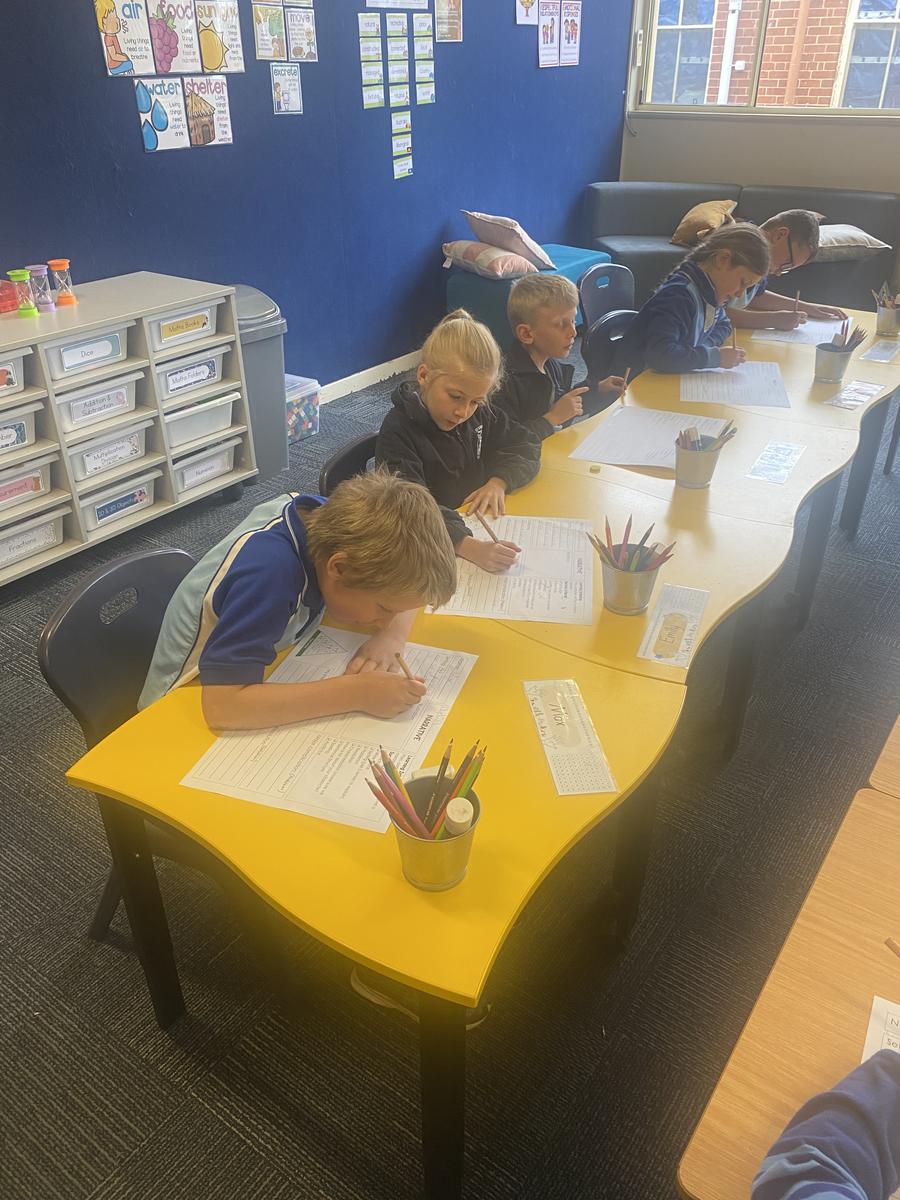









Mathematics – Stage 1: Learning About Time
Next week in mathematics, Stage 1 students will begin learning about time. They will describe, compare, and order the durations of events, as well as read half-hour and quarter-hour times.
Tips for Parents
Before a child can tell time, they need to understand the basics that make up telling time. Here are some ways to support your child at home:
Practice Counting to 60 Time is made up of 60 minutes in an hour, so your child needs to be confident counting to 60. Help them read numbers from a chart, write them, and recite them from memory.
Practice Counting by Fives Once your child can count to 60, teach them to count in fives. This helps them understand the minutes on a clock and prepares them for reading times like quarter past or half past.
Introduce the Concept of Time Talk about morning, noon, evening, and night. Ask questions about their daily routines, such as “When do we eat breakfast?” or “What do we do in the morning?” This helps children understand how the day is divided.
Make a Model Clock Together Use a paper plate and create a clock with your child. Show the hour and minute hands and the key numbers: 12, 3, 6, and 9. You can use free online resources for ideas.
Connect Time to Daily Routines Ask your child to show the time for familiar events, like when school ends, on their model clock. Do this regularly with different activities.
